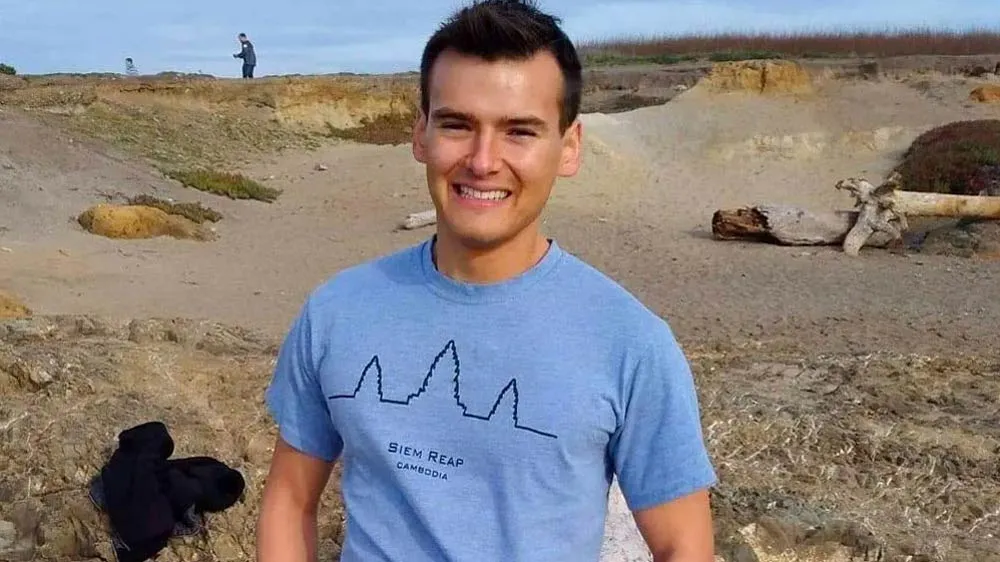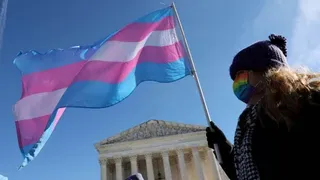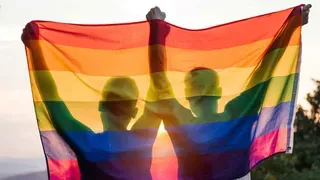July 3, 2012
More Money from AIDS Walk
Chris Sosa READ TIME: 3 MIN.
More money will be distributed to local HIV/AIDS nonprofits from next month's AIDS Walk San Francisco, but changes in the grant process left some organizations out of the running this year.
The San Francisco AIDS Foundation, which oversees the walk - coming up on Sunday, July 15 - has revamped the process by which local agencies apply for grants. SFAF spokesman James Loduca told the Bay Area Reporter that this year $255,000 will be given to other organizations, a 6 percent increase over the $241,000 distributed in 2011.
Typically, the AIDS Walk generates money for Bay Area HIV/AIDS organizations and SFAF. Unlike the foundation's LifeCycle ride, however, there is no minimum amount of money that participants must raise, making it a more affordable option for the tens of thousands of people who walk in Golden Gate Park every year. Last year's event brought in more than $3 million for SFAF and 48 other organizations.
"We completely revamped the community grants for AIDS Walk San Francisco to better align funding with the goals of the Department of Public health and SFAF," Loduca said in a phone interview.
The new criteria look to mirror SFAF's focus on testing and treatment, which the health department has also emphasized in its contracting process for HIV prevention funds. There are 35 grants that SFAF funded this year, according to Loduca, fewer than the 50 grants provided last year.
"We made the funding decisions based on the quality of applications/requests we received," Loduca said in a follow-up email, "which resulted in more large grants and fewer small grants than originally anticipated."
The new criteria for the awards were: reduce new HIV infections 50 percent by 2015 (2010 baseline year); ensure that people know their status; and ensure that all HIV-positive people have access to care.
Loduca said that earlier this year foundation officials met with agency representatives to go over the new criteria. "We convened anyone who ever applied for a grant in the spring and let them know," he said.
Loduca characterized the changes as "improvements," noting that foundation officials told agency representatives that SFAF would be giving away more money and offered them technical assistance. He said the meeting with applicants also resulted in a more streamlined reporting process for the agencies and less lag time with distributing the money.
"Fifteen organizations received more money than last year and nine received significantly more than last year," he said.
Agencies outside of San Francisco were funded based on having the best matches with DPH and SFAF guidelines, Loduca said.
This year, the largest grants were four for $20,000. Those were followed by six grants of $10,000, five at $7,500, 14 at $5,000, one at $2,500, and five at $1,000. The recipients will be announced the week of the walk, Loduca said.
Walkers
People can sign up to walk for an organization under the AIDS Walk's community partnership program. The CPP allows community organizations to receive 100 percent of the dollars raised by eligible walkers. This has not changed, Loduca said, and eligibility rules require that participants have not walked as independent walkers or as a member of any team (other than the current agency) in any of the last four years. Current staff and board members are considered eligible walkers regardless of past participation. Loduca said this requirement was made "some time ago" to prevent top fundraising walkers from being recruited by other organizations.
One agency that won't be receiving a grant this year is the Pacific Center in Berkeley. Earlier this month, the center sent out its e-newsletter that stated it would not be receiving a $2,500 grant as it had in the past. As a result, the center will be participating in the community partnership program and has a $5,000 fundraising goal and is seeking new walkers for its team.
In an email, Leslie Ewing, executive director of the Pacific Center, said the agency is focusing on finding volunteers to walk with them.
"We don't think of ourselves as entitled to funding just because we've received it in the past," she said, referring to the grant application. "We simply do our best and hope for the best."
Loduca said that in addition to providing grants for the various HIV/AIDS organizations, SFAF also picks up all costs associated with credit card fees for donations, as well as the $212,000 production fee to MZA, which licenses the AIDS Walk name.
The July 15 walk starts and ends in Sharon Meadow at Golden Gate Park. For more information, including registration and fundraising tips, visit www.aidswalk.net/sanfran.







